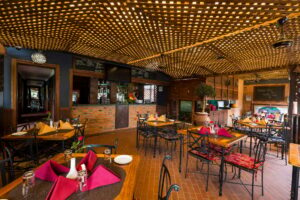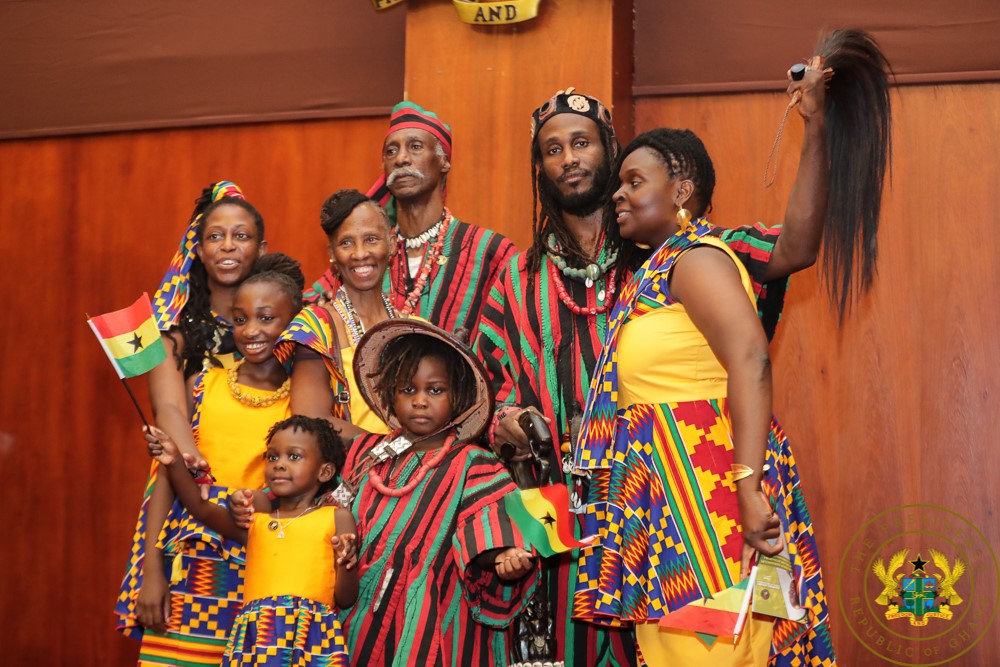Ghana is a country located in West Africa with a rich cultural heritage and a diverse population. It has a relatively stable political climate and a growing economy. It has a tropical climate with a rainy season and a dry season. The country has a strong education system, with a literacy rate of about 73%. Healthcare and other basic necessities are generally readily available in urban areas, but access to these may be more limited in rural areas.

If you are considering raising a family in Ghana, it may be helpful to research and consider factors such as the cost of living, the availability of schools and healthcare, the local culture and community, and the overall safety of the area. It may also be helpful to speak with individuals who have experience living and raising a family in Ghana to get a better understanding of what it is like.
Additionally, the cost of living in Ghana is relatively low compared to many other countries. Basic necessities such as food, housing, and transportation are generally less expensive in Ghana than in more developed countries. For example, the average cost of a meal at a local restaurant in Ghana is around $2-3, while the average cost of a one-bedroom apartment in a city center is around $100-200 per month. Transportation costs are also relatively low in Ghana, with public transportation fares starting at around $0.20 for short distances and taxi fares starting at around $1.

However, certain goods and services can be more expensive in Ghana due to tariffs and other factors. For example, imported items such as electronics and luxury goods may be more expensive in Ghana than in other countries. Additionally, the cost of living in the capital city, Accra, is generally higher than in other parts of the country due to higher demand for goods and services.
It is worth noting that the cost of living in Ghana can vary depending on your lifestyle and spending habits. For example, if you and your family live a more luxurious lifestyle and frequently purchase imported goods and services, your cost of living will likely be higher than someone who lives a more modest lifestyle and primarily buys local goods and services.

Overall, the cost of living in Ghana is lower than in many other countries, making it an attractive destination for people looking to live on a budget. However, it is important to keep in mind that certain goods and services may be more expensive in Ghana due to tariffs and other factors, and the cost of living in the capital city is generally higher than in other parts of the country.
Interesting in learning more? Take the repatriation readiness quiz and sign up for a consultation with eminent multi-award-winning University of Ghana scholar Ɔbenfo Ọbádélé Kambon and start changing future possibilities for you and your children today: https://repatriatetoghana.com/repatriation-readiness-quiz/



